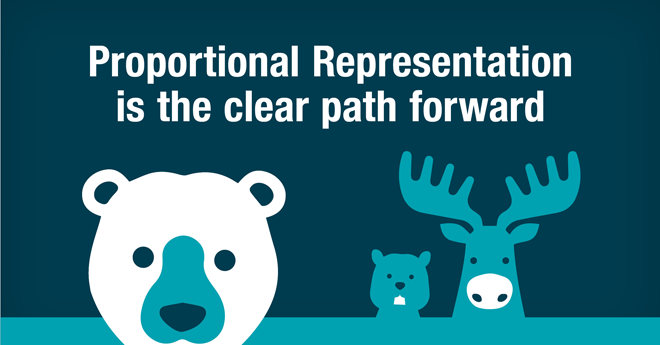By Tim Pearson –
Most British Columbians care deeply about the environment. Perhaps it is because of our jaw-dropping scenery and iconic species, from ancient forests to grizzly bears to salmon and orcas. BC has extraordinary diversity and abundance: it is home to three-quarters of Canada’s mammal and bird species, and 70 per cent of its freshwater fish. For generations, we have relied on the natural world for economic resources, recreational opportunities, and the health and stability of communities.

Polling shows we consistently want strong protections for the land, water, and air we depend on for jobs, recreation, and health. We overwhelmingly support the development of clean energy and clean technology, especially among younger British Columbians. We understand the threat that climate change poses and support the need to act, because we are already seeing the impacts of higher CO2 levels in the atmosphere in the form of record-breaking wildfire seasons and ever-dwindling salmon stocks, to name but two examples.
These values are not always reflected in the decisions our governments make, however. This disconnect can mostly be blamed on the way we elect or MLAs. Our current “first past the post” (FPTP) system gives 100 per cent of the power to governments that get less than 50 per cent of the votes over and over again.
This fall, we can choose a new way of voting: proportional representation (PR). PR will allow the views of British Columbians to be more accurately reflected in who gets elected to make crucial decisions about our future.
Evidence from around the world demonstrates that governments elected using PR score significantly higher on many measures of good environmental stewardship.
Yale University’s Environmental Performance Index tracks the performance of countries with measures of environmental health, air quality, resource, management, biodiversity, forestry, fisheries, agriculture, and climate change. On average, countries using PR scored six points higher than those using FPTP.
PR countries were quicker to embrace the need to fight climate change, ratifying the Kyoto protocol faster, and their share of global carbon pollution has declined versus FPTP countries.
Under PR, we would be much more likely to elect governments that reflect voters’ views on protection of species, genuinely sustainable forestry practices, drinking water quality, and climate action. That’s because government policies under PR tend to match the views of the “average” voter more than those elected under FPTP.
Some will say, “Ah, but what about the economy? I don’t want a system that will sacrifice jobs and prosperity to concerns about the environment.”
PR governments not only do better on the environment, they also do better on economic and fiscal issues. Studies show that PR governments outperform FPTP governments on measures of fiscal responsibility, enjoying more frequent surpluses and lower levels of debt, as well as other measures of economic performance, leading to greater prosperity than governments using our current system.
FPTP also encourages the use of wedge issues to polarize opinion and harvest votes, leading to the ugly polarization we see in the US. That is why many politicians claim voters must “choose” the economy or the environment. If they can get just 40 per cent of voters to believe that, they can win 100 per cent of the power, and the environment loses, time after time.
That choice is a myth concocted by political insiders to win and keep power, often with the backing of powerful, wealthy interests. We have had decades of governments winning power that way, and yet the rewards of “choosing” the economy have resulted in ever-widening inequality and more and more wealth concentrated in fewer and fewer hands.
The winner-take-all voting system leads to winner-take-all economics. And the environment be damned.
The experience of PR countries shows we can have a vibrant economy, a more equal society, and sound environmental policies. And isn’t that what the vast majority of British Columbians want?
Tim Pearson is communications director for Sierra Club B.C.
~This letter to the editor originally appeared in the October 11, 2018 edition of The Province
To understand more about how Proportional Representation works and videos explaining the three different systems visit www.sierraclub.bc.ca/voteprbc/ Mail your ballot in by Nov. 26 to make sure it gets counted.
